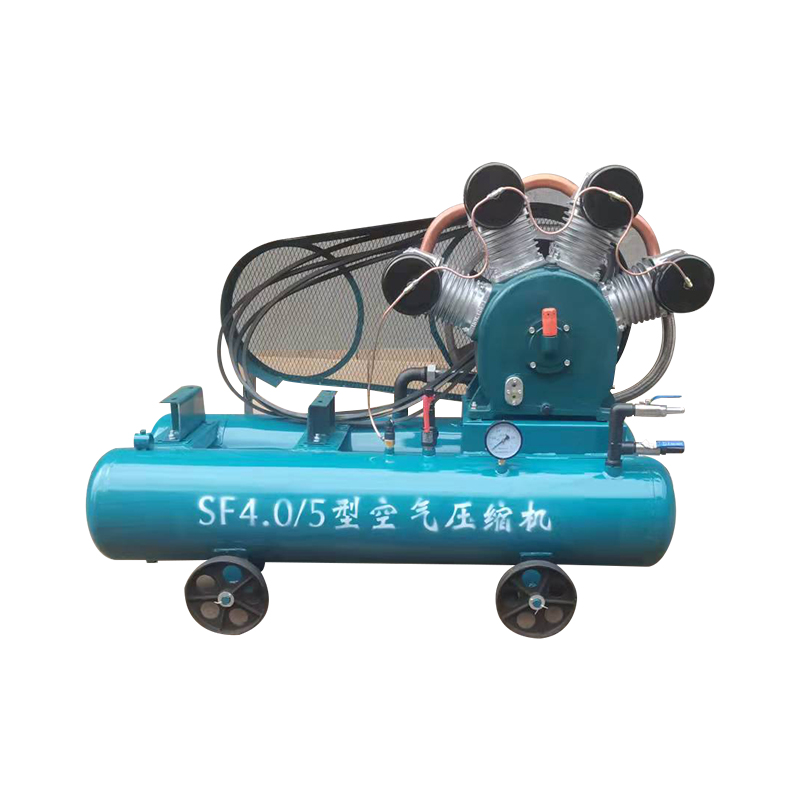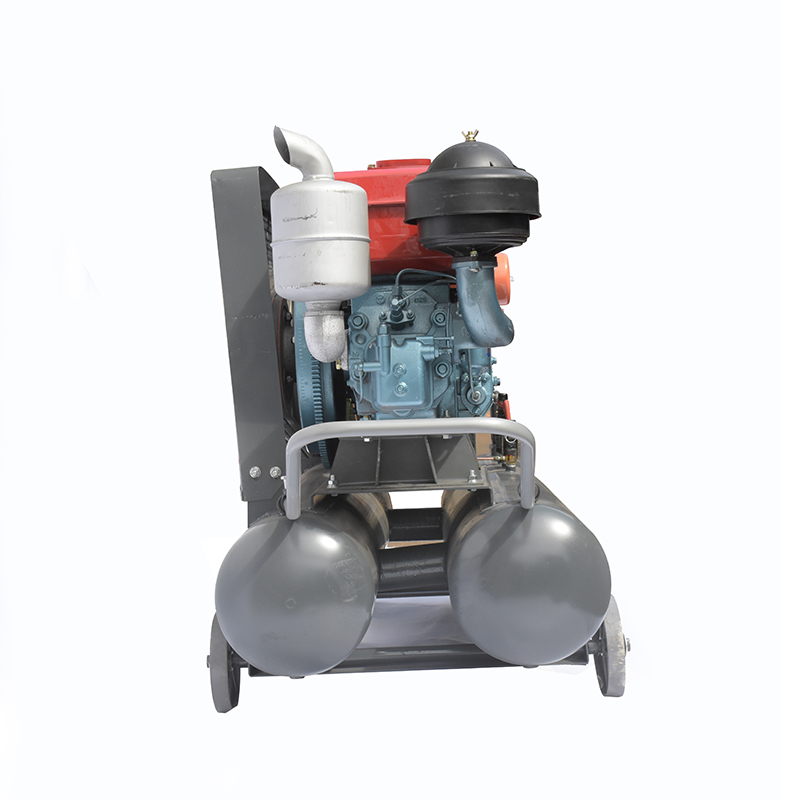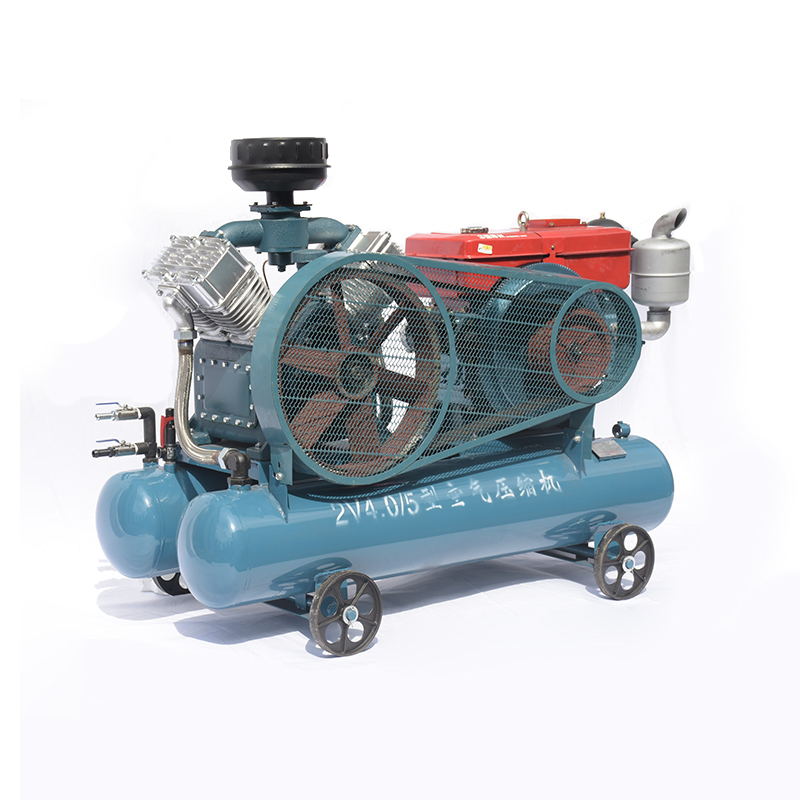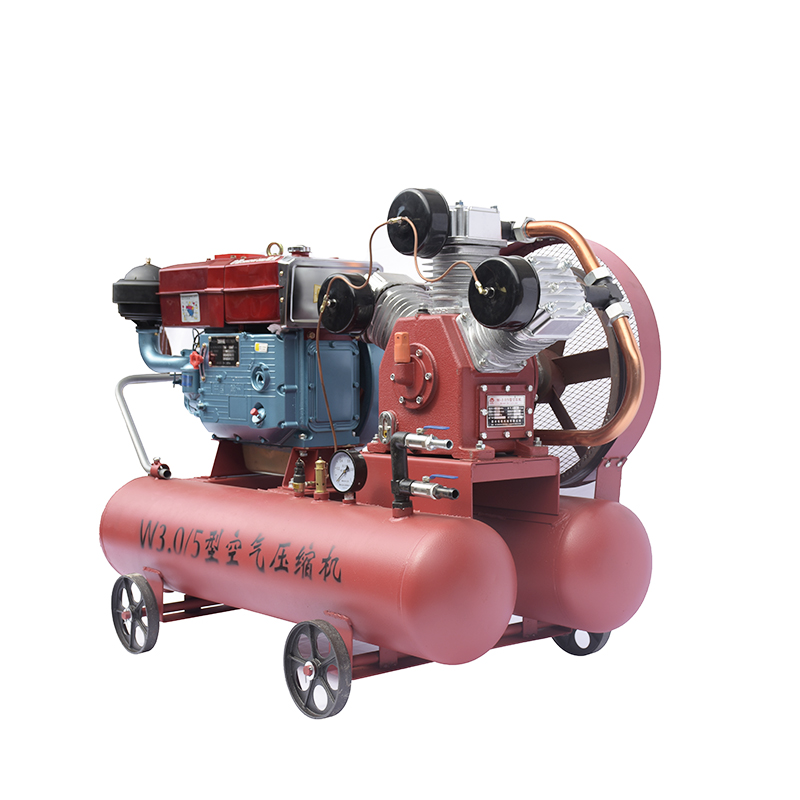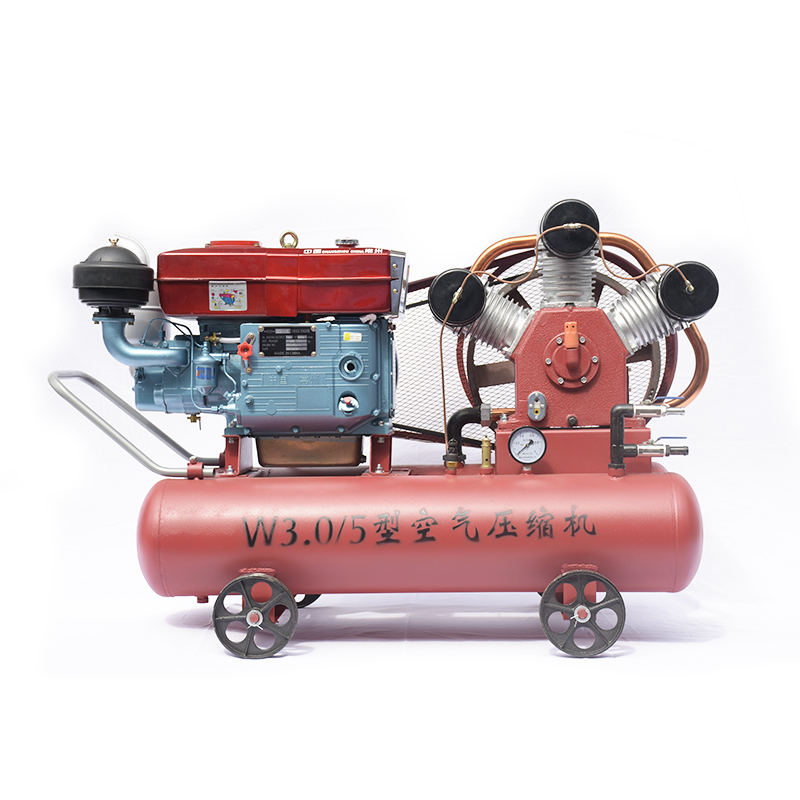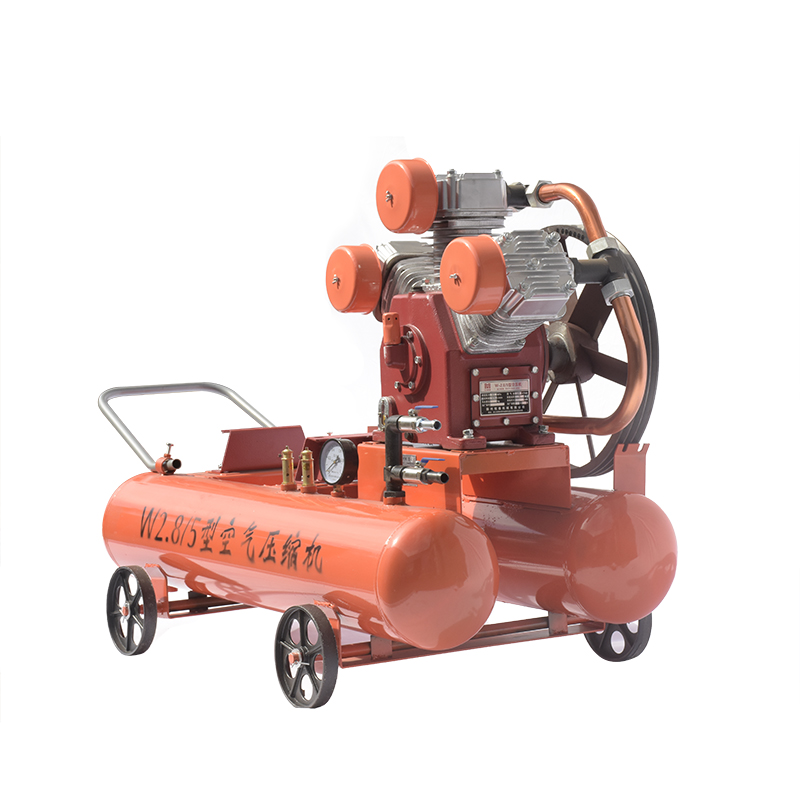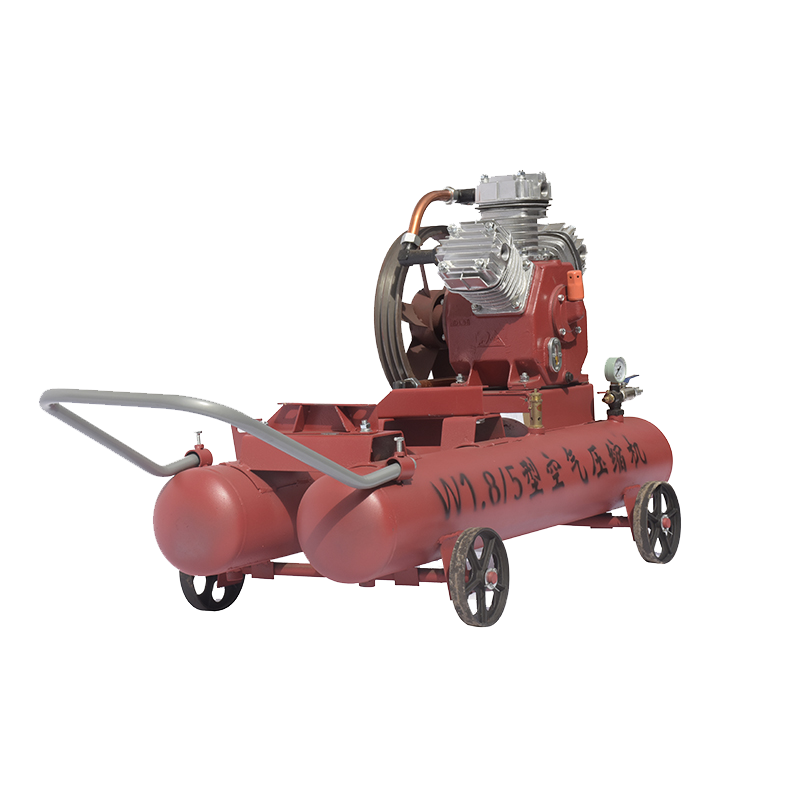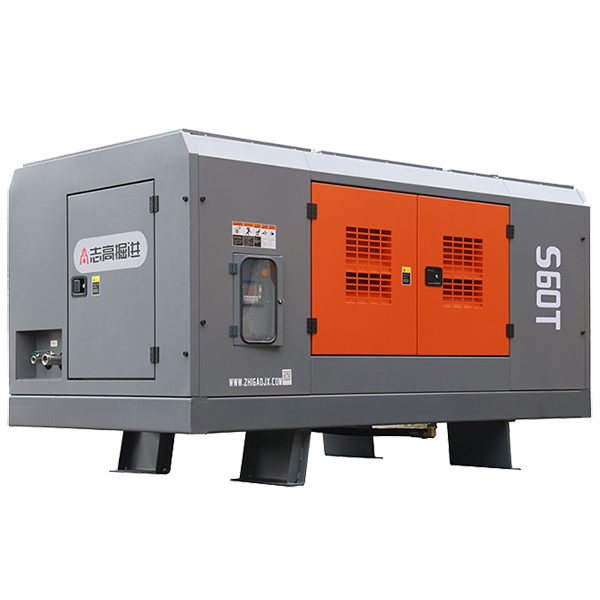A device known as an air compressor is able to convert power from sources such as an electric motor, diesel engine, or gasoline engine into potential energy contained in the form of compressed air. By selecting one of a number of provided techniques, the compressor successively forces more air into a storage tank — thereby raising the pressure. After reaching the ideal pressure level, the compressor will then shut off and keep the pressurized air within its tank. It can be later discharged in the environment via a valve or else utilized to provide power to pneumatic powered machinery and equipment.
An air compressor consists of two major components: an air tank that holds compressed air and a pump that intakes and compresses air.
As the air inside the tank reaches the pre-determined level, the pump is triggered to power on and off by a pressure switch.
The check valve stood as a solid barrier, keeping the air from returning to the pump.
When the predetermined threshold of pressure is surpassed, the safety valve will be triggered to immediately lower that pressure.
The lifeblood of an air compressor is its pump, which captures air and intensifies its pressure. Its ability to deliver a given quantity of air and reach certain pressures is determined by the style of pump employed. Piston type pumps are the most frequent selection for these mechanisms.
The piston air compressor pulls in air to the pump cylinder on a stroke-by-stroke basis. The quantity of air drawn is dependent on the piston displacement and each cycle of compression multiplies the drawn air volume by fourfold, producing a 4:1 ratio. With every four stokes of the piston, the air is condensed four times over.
An alternative to the piston-based air compressor pump is the rotary screw pump, which uses two intermingling screws to draw air in and condense it. Though more costly than the piston type, it enjoys improved efficiency, making it a worthwhile investment for those seeking increased effectiveness.
Of the air compressor pumps available, the centrifugal pump stands out for its efficiency. It leverages a rotating impeller to draw air in, spinning it around at great speed to create the pressure needed for compression. While it does come at a cost, fewer components and modern technology makes it one of the most capable options.
Keeping an air compressor running optimally requires adequate lubrication, and this means selecting the right oil for the job. This is pertinent across a variety of sectors, from auto repair to construction, as the compressor is an indispensable part of operations. Knowing which oil to use and keeping it properly applied can ensure peak performance of the device.
You need to understand the variances of Air Compressor Oils, and there are three main ones.
Engineered to stand up to blistering hot and freezing cold temperatures, synthetic oils are the go-to choice when it comes to protecting air compressors from wear and tear. Departing from mineral oils, these highly durable liquids rarely succumb to breakdowns.
Cost-effective and highly protective against wear and tear, mineral oils are typically the go-to type of oil for air compressors. Still, when the temperature level gets elevated, these conventional lubricators can easily start to deteriorate.
When it comes to air compressors that run in hot conditions, one could opt for detergent oil to ward off the formation of sediment. Although costlier than mineral oils, this form of lubrication will guarantee cleanliness.
If you want to keep your air compressor running like a well-oiled machine, then regularly replacing its oil is a must. The interval for doing so will differ depending on what kind of compressor you own, as well as the type of oil utilised.
Maintaining an air compressor is easy – all you need to do is open the oil drain valve and let the used oil disperse out, and refill it with fresh oil. Then securely close the valve.
A lubricated air compressor is an absolute must for maintaining peak performance across a range of industries. From automotive repair to construction, the optimal functioning of an air compressor depends heavily on the right kind of lubricating oil. Finding the ideal oil for your specific air compressor is just as important as regularly maintaining it.
The Different Varieties of Oil Used in Air Compressors
Synthetic oils are designed to keep air compressors protected in harsh temperatures. They preserve performance, effortlessly fending off aging and decline better than their mineral oil counterparts.
At a low cost, mineral oils can make a great choice of air compressor oil, offering commendable protection from daily wear and tear. Although one drawback of using them is the swift breakdown at high temperatures.
For air compressors that operate in hostile heat, detergent oils render the ideal solution to protect against debris buildup. Although more expensive than traditional mineral oil, the financial cost is a small price to pay for optimal performance and durability.
To ensure that the air compressor remains in an optimal performance state, it is important to periodically switch out its oil. The frequency of oil changes will change depending on the design of the device and the quality of the lubricant.
Air Compression: Necessity for Many
Post time: 2023-06-20


